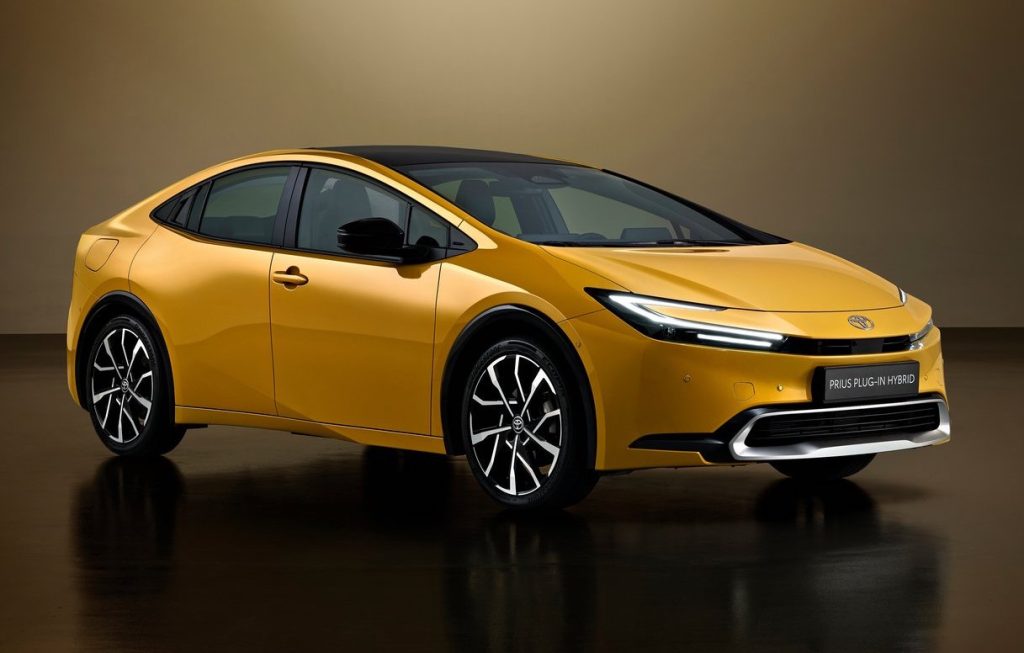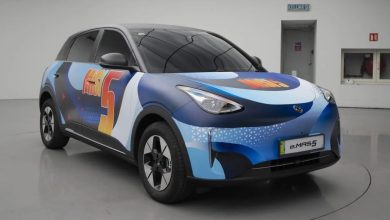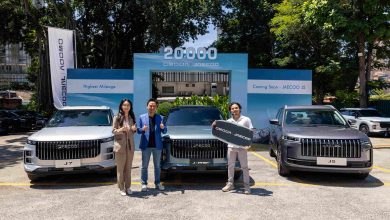Thailand Passes New Attractive Tax Incentives For PHEVs
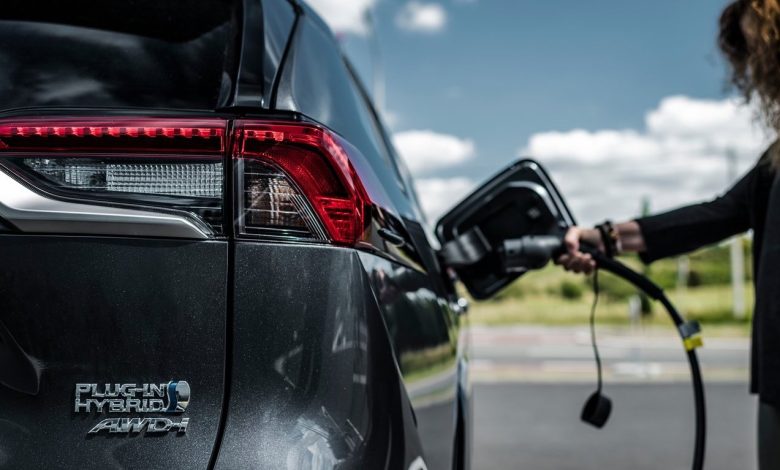
PHEVs with an all-electric range exceeding 80 km will benefit the most from this newly-approved tax reform.
Thailand has recently approved significant tax reforms for plug-in hybrid electric vehicles (PHEVs), set to take effect from January 1, 2026. The Thai Cabinet’s decision introduces a more streamlined approach to PHEV taxation, focusing exclusively on electric driving range while eliminating previous restrictions on fuel tank capacity.
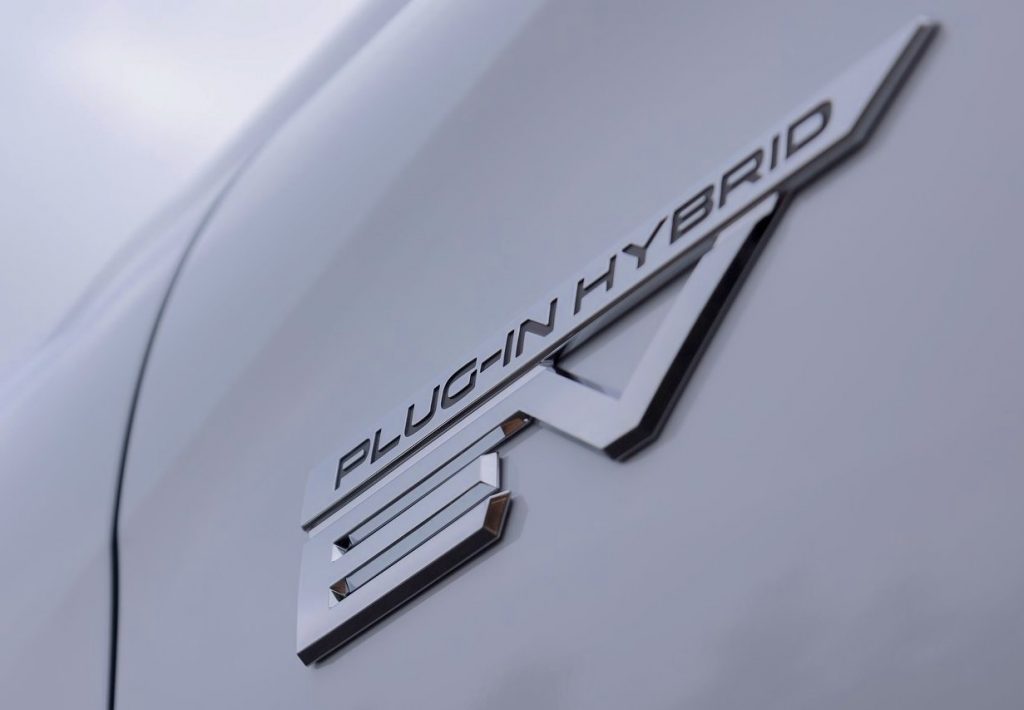
This newly-revised tax framework firstly establishes a distinct category for PHEVs, separating them from conventional (self-charging) hybrid electric vehicles in the tax code. The government claims this differentiation recognises the advanced technology and greater environmental benefits offered by plug-in hybrids compared to standard hybrids.
Under the new tax structure too, PHEVs capable of traveling 80 kilometres or more on a single electric charge will benefit from a preferential 5% excise tax rate. Those with shorter ranges meanwhile will face a 10% tax, thereby creating a clear incentive for automakers to market vehicles with extended electric capabilities.

Deputy Finance Minister Paopoom Rojanasakul highlighted that removing the fuel tank size limitation addresses a critical barrier that had previously hindered Thailand’s competitiveness as a global PHEV manufacturing hub. The previous regulations had forced manufacturers to create non-standard fuel tanks specifically for the Thai market, creating unnecessary complications for both producers and consumers.
“This is a good measure because people want to buy electric cars with a long driving range,” noted Surapong Paisitpatanapong, vice-chairman of the Federation of Thai Industries and spokesman for its Automotive Industry Club.

Industry experts anticipate these changes will significantly boost Thailand’s appeal as a manufacturing destination for standardised PHEVs that can serve both domestic and international markets. The policy shift incidentally also arrives at an opportune moment, as Thai consumers are showing increasing interest in electrified vehicles despite overall sluggish automotive sales.
Recent automotive shows in Bangkok have demonstrated strong demand for electric and hybrid vehicles, with sales momentum continuing even after exhibition periods. “It shows this group of buyers are quite financially healthy,” Surapong observed, noting the contrast with general auto loan accessibility challenges.

The Thai government expects these tax incentives to accelerate investment in its local automotive sector, while enhancing the country’s competitiveness during the ongoing transition from internal combustion engines to next-generation vehicles. Additionally, the measures aim to stimulate PHEV adoption in both urban centres and for longer-distance travel, supporting Thailand’s broader environmental goals.
Thailand isn’t the only country in Southeast Asia to revamp its taxation system to better incentivise electrified vehicle sales. The Philippines for instance last year slashed import duties on hybrid cars, electric bikes, and charging components to 0% until 2028. By comparison, the Malaysian government currently only provides tax relief on fully electric vehicles, with its last hybrid car tax incentives dating back to the early 2010s.
